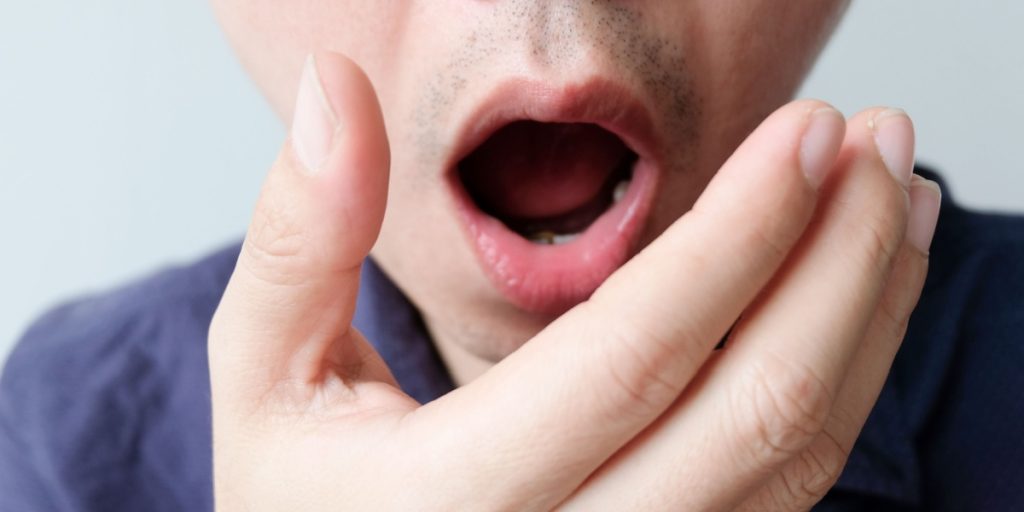Scientists have discovered that how you breathe could be as unique as your fingerprint.
Others are reading now
Fingerprints have long stood as the gold standard for identifying individuals.
But now, researchers say your breathing pattern might be just as distinctive.
According to a groundbreaking study published in Current Biology, scientists were able to identify individuals with nearly 97% accuracy based solely on how they breathe.
The research also found that these patterns may offer powerful insights into a person’s physical and mental health.
Also read
Breathing as a Biological Signature
Led by Noam Sobel at the Weizmann Institute of Science in Israel, the team designed a lightweight, wearable device that tracks nasal airflow around the clock. Ninety-seven healthy participants wore the device during daily activities and while sleeping.
It measured parameters such as inhalation and exhalation duration and airflow asymmetry between nostrils.
From this, researchers extracted 24 data points to form what they call a “respiratory profile.”
A machine-learning algorithm trained on this data could accurately identify participants—even across repeated tests over a two-year span.
“We are, in a sense, reading the mind through the nose,” Sobel told Current Biology, as cited by WP Tech. “It can be a very effective diagnostic tool.”
Health in Every Breath
The study revealed something more than just identity markers.
Breathing patterns were found to correlate with body mass index (BMI), sleep rhythms, anxiety, depression, and even behavioral tendencies.
Participants with anxiety, for instance, tended to take shorter breaths with greater variation in pauses—especially during sleep.
This raises an intriguing question: Could our breathing patterns shape our mental state, rather than simply reflect it?
“Maybe the way you breathe makes you anxious or depressed,” Sobel speculates. “If that’s true, we may be able to change how you breathe to change those conditions.”
A Tool for the Future?
While promising, the device still faces practical hurdles.
The nasal tubes, though lightweight, can feel intrusive and are easily dislodged during sleep. The device also doesn’t measure mouth breathing, limiting its scope.
Still, researchers are already working on a more discreet and comfortable version—one that could offer noninvasive, real-time insights into emotional and physical health.
If successful, this innovation could redefine how we monitor everything from stress to sleep disorders. Someday soon, a breath might tell doctors more about us than a blood test ever could.


